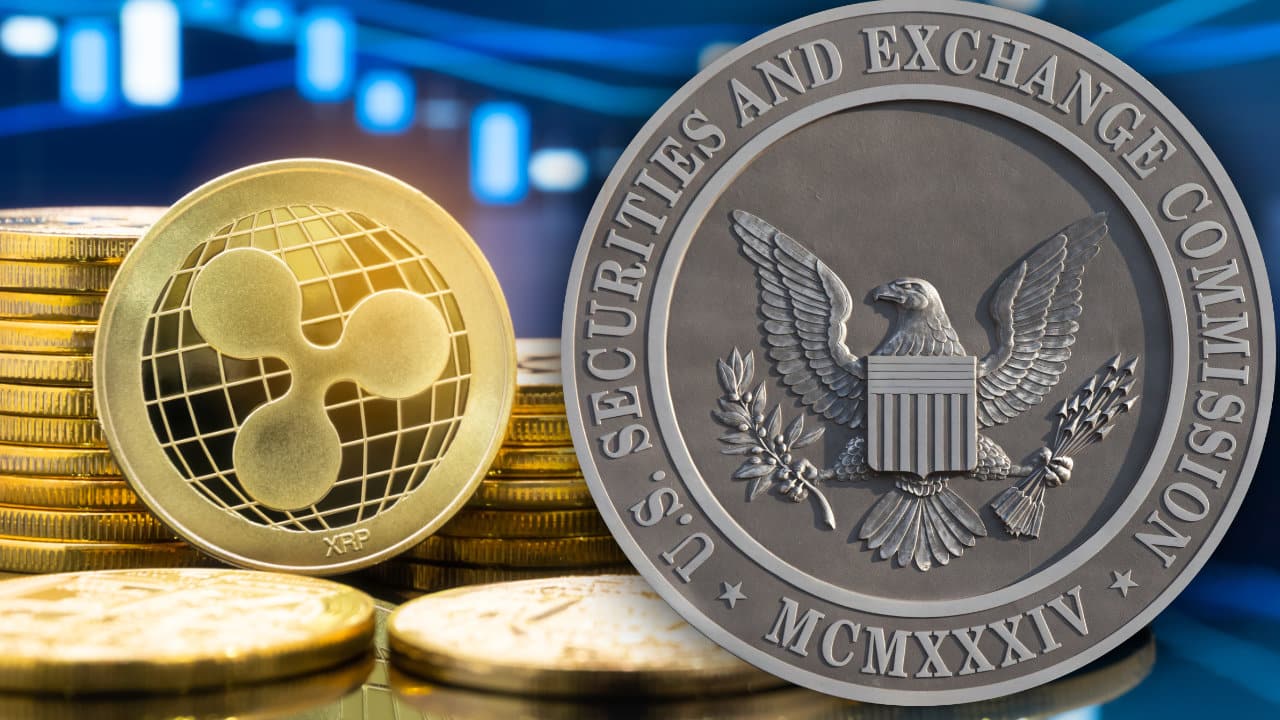On Friday, the Blockchain Association, a Washington, D.C.-based lobbying group for cryptocurrencies, indicated to the court its interest in providing legal assistance in Ripple’s legal battle with the US financial watchdog – the Securities and Exchange Commission (SEC).
The Blockchain Association’s main concern is that the court’s decision may harm the entire blockchain industry. Ripple maintains that XRP is not a security and that the Securities and Exchange Commission (SEC) lacks the legal justification to support its allegations.
However, the SEC sued Ripple near the end of 2020, alleging that it violated US Securities laws by selling XRP as an unregistered security during its 2013 Initial Coin Offering (ICO). The parties recently filed their motions for a permanent injunction after the case underwent several procedural motions.
According to Jake Chervinsky, Head of Policy at the Blockchain Association, the SEC has no legal grounds to sue Ripple. Also, it has steadfastly refused to disclose which digital assets are regarded as investment contracts.
Jake Chervinsky claims that Gary Gensler, the organization’s chair, recently made the unsupported claim that most cryptocurrencies are securities. But that’s only a reflection of his personal opinions and cannot be a statement of fact.
The Blockchain Association’s Involvement
The Blockchain Association asserts that the SEC’s statements made during the legal action against Ripple demonstrate that the organization views US laws as extending beyond the scope of an initial investment agreement between crypto tokens’ issuers and its investors.
According to the Blockchain Association’s motion, the operation of those networks would be severely restricted if the securities laws were applied to those tokens, whether or not through the prism of the touchstone Howey test.
It added that the SEC is imposing regulations rather than seeking input from all parties. No regulatory body should unilaterally regulate cryptocurrency using dated standards, according to the Blockchain Association.
Since 2019, the SEC has controlled how US securities laws related to digital assets through regulation, as opposed to advice or rulemaking. SEC enforcement actions frequently result in one-sided settlement agreements rather than court rulings that consider the facts both sides presented to the court.
Ripple is fighting back through the legal system rather than making a deal. This indicates that a decision on the matter will be made soon by a judge. The range of assets subject to SEC regulation will expand beyond what the Supreme Court intended in Howey if the court accepts the SEC’s interpretation of the law.
The Blockchain Association wrote, “We entered the conflict today to support our developing crypto ecosystem by filing an amicus brief. No regulatory body should impose outdated standards on cryptocurrency unilaterally. Congress should instead establish a precise regulatory framework to direct the sector.”
